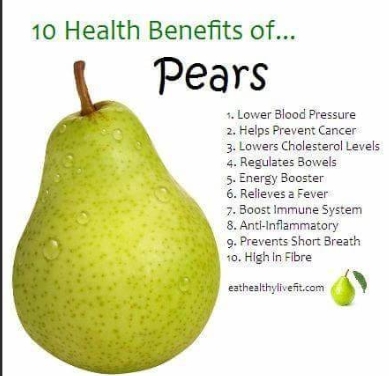In a world full of quick fixes and fad diets, it can be easy to overlook the power of small, everyday habits. Yet, it’s often the simplest changes that lead to the greatest improvements in our health over time. You don’t have to overhaul your entire lifestyle to see meaningful benefits. By focusing on consistent, manageable adjustments, you can significantly enhance both your physical and mental well-being. Let’s explore some easy-to-implement strategies that can make a big difference in your life.
Nutrition plays a pivotal role in maintaining good health. What you eat directly affects how you feel, how your body performs, and your long-term health. Instead of making drastic changes to your entire diet, start by making one or two simple adjustments. For example, try to increase your intake of fruits and vegetables. These foods are rich in vitamins, minerals, and antioxidants, which protect the body against illness and promote healthy aging.
Incorporating a variety of fruits and vegetables in different colors is especially important. The different pigments in fruits and vegetables represent different nutrients that contribute to a well-rounded diet. Dark leafy greens, such as spinach and kale, are packed with fiber, iron, and calcium, while colorful fruits like berries, oranges, and bell peppers are high in vitamin C and antioxidants that support the immune system.
In addition to fruits and vegetables, opt for whole grains like brown rice, quinoa, and oats instead of refined grains. Whole grains are rich in fiber, which helps regulate digestion and blood sugar levels. These foods also provide lasting energy, helping you stay full and focused throughout the day.
Another small change to improve your health is cutting back on processed foods, sugary snacks, and drinks. These items may be convenient, but they are often packed with empty calories, artificial additives, and unhealthy fats. Instead, choose whole, minimally processed options. For example, swap soda for water or herbal tea, and choose fresh fruit or nuts as a snack instead of sugary treats.
Staying hydrated is another simple yet powerful habit for maintaining good health. Water supports nearly every bodily function, from digestion to circulation. Dehydration can lead to fatigue, poor concentration, and headaches. To stay on top of your hydration, aim to drink water throughout the day, especially before, during, and after physical activity. You can also add herbal teas or water-infused with fruits and herbs for variety.
Exercise is key to both physical and mental well-being. Regular physical activity strengthens the heart, builds muscle, and improves flexibility, while also boosting mood and reducing stress. However, you don’t need to commit to lengthy workouts or intense gym sessions. Starting with small, achievable goals is the best way to stay consistent.
You could begin with a 10-minute walk after dinner or a few yoga stretches in the morning. Gradually increase the duration or intensity as your fitness level improves. The goal is to make movement a regular part of your day, whether it’s taking the stairs, walking to the store, or engaging in a home workout. Every little bit counts, and these small habits can add up over time to create a significant impact on your health.
Sleep is often overlooked, but it plays an essential role in your overall health. Good sleep is vital for cognitive function, mood regulation, and immune health. If you’re not getting enough quality sleep, it can affect your energy levels, mental clarity, and even your metabolism. Most adults need around 7 to 9 hours of sleep each night for optimal health.
To improve sleep quality, establish a calming pre-bedtime routine. Avoid caffeine and heavy meals close to bedtime, as they can disrupt your sleep cycle. Make your sleep environment as comfortable as possible by keeping the room cool, dark, and quiet. Reducing screen time before bed can also help your body naturally wind down, making it easier to fall asleep.
Mental well-being is just as important as physical health. Chronic stress, anxiety, and poor mental health can contribute to a variety of physical problems, such as high blood pressure, digestive issues, and weakened immunity. Managing stress effectively is essential for maintaining a balanced, healthy life.
Mindfulness and relaxation practices, such as meditation, deep breathing, or journaling, can help you stay calm and focused. Setting aside time each day to relax and clear your mind can reduce anxiety and improve emotional resilience. Additionally, making time for activities you enjoy, whether that’s reading, gardening, or spending time with loved ones, can give you a much-needed mental break.
Social connections also play a significant role in mental health. Building strong relationships with friends, family, and your community can provide emotional support, reduce feelings of loneliness, and enhance your overall well-being. Make it a priority to stay connected with loved ones, even if it’s just a quick chat or sharing a meal together.
Lastly, one of the best ways to improve your health is through regular check-ups with your healthcare provider. Preventive care allows for the early detection of potential health issues, ensuring that you can take action before they become more serious. Routine exams, screenings, and vaccinations are an important part of staying proactive about your health.
Incorporating these small but meaningful changes into your daily life can lead to lasting improvements in both your physical and mental health. The key is to start with manageable habits and gradually build them into your routine. Over time, these positive changes will compound, leading to a healthier, happier you.





